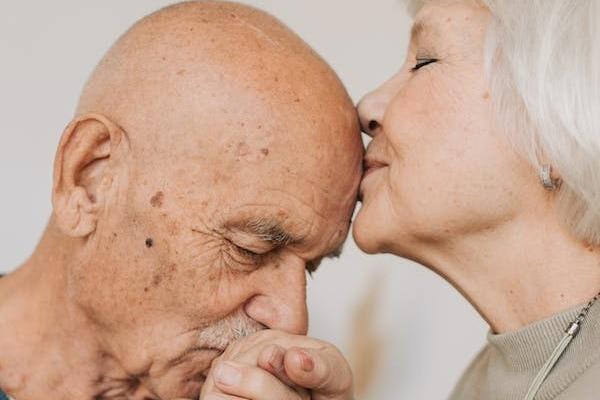
For Teachers & Professionals
Discussing Sexuality with Adolescents and Young adult Oncology patients part 1: specific barriers
It is widely known that cancer treatment and its side effects can cause various sexual problems, including decreased sexual interest and activity, arousal problems, diminished feelings of attractiveness, pain, vaginal dryness, or erectile dysfunction, all contributing to impaired sexual functioning. But the great majority of the research on sexual function has focused on survivors of breast and prostate cancer, who are typically diagnosed well above the age of 50, thus leading to a lack of knowledge, education materials or interventions tailored for adolescents and young adults.
Young adult cancer patients and survivors also have age-specific care needs, but care needs related to sexual health are poorly understood. These young adults usually express feelings of suddenly being faced with “old people’s problems” (e.g., menopausal symptoms or erectile problems), not understood by their peers. They can also struggle with dealing with a young beauty ideal in the light of an impaired body image, fertility problems, caring for young children in the home, more aggressive treatment regimens that diminish energy levels, social disruptions in experimenting with their sexuality, disclosure of cancer, and (online) dating. Many childhood cancer survivors experience delays in dating, marriage, and sexual debut.
Even with young cancer patients, the topic of sexuality is often neglected. If oncology care providers do not address and normalize sexual health, patients/survivors may interpret their questions or concerns as irrelevant, further promoting neglect of sexual health. There are three main specific barriers related to young patients that limit communications about sexual topics.
1. Inadequacy of current communication
Sometimes there is great attention on fertility-related topics. Conversations about fertility may easily be used to open conversations about sex and sexual health, but at the same time, providers and researchers should not over-emphasize fertility while neglecting the
sexual health of young adults during and following cancer treatment. Other sexual-related health topics should not be overlooked.
2. Barriers to communication
Sometimes adolescents and young adults might feel discomfort in opening up about sexual-related health concerns. They might not be used to talking about it with other people, there is perceived stigma or judgment about sexuality or being sexually active (particularly for girls and/or teenagers), and there might be an embarrassment. Another problem is privacy. Often, young patients are accompanied by parents or family members, and this might cause further embarrassment in disclosing.
3. Lack of resources
Handouts or pamphlets are usually missing, but they could be a great resource to just give to the patients to gain some knowledge about the topic. They could go home and really think about what they want to learn and ask on another occasion. Materials must be used as support, but having proper communication in person remains of uttermost importance.
REFERENCES
Frederick, NN, Revette, A, Michaud, A, Bober, SL., (2019). A qualitative study of sexual and reproductive health communication with adolescent and young adult oncology patients. Pediatric Blood Cancer. 66:e27673. https://doi.org/10.1002/pbc.27673
Lehmann, V., Laan, E.T.M. & den Oudsten, B.L. Sexual health-related care needs among young adult cancer patients and survivors: a systematic literature review. J Cancer Surviv 16, 913–924 (2022). https://doi.org/10.1007/s11764-021-01084-w
Share the knowledge!
More For Teachers & Professionals Q&A

Multiple Sclerosis and Sexuality

Voluntary Abortion and Professionalism

Chronic Kidney Disease and Sexuality

Comprehensive Sexuality Education in Europe

Communication About Sexuality in Advanced Illness and Palliative Care Context

Teaching consent to Young children (8 – 12 years old)
This is a website that WE are building together. If you have a question there is no answer to on this site, send it here!
